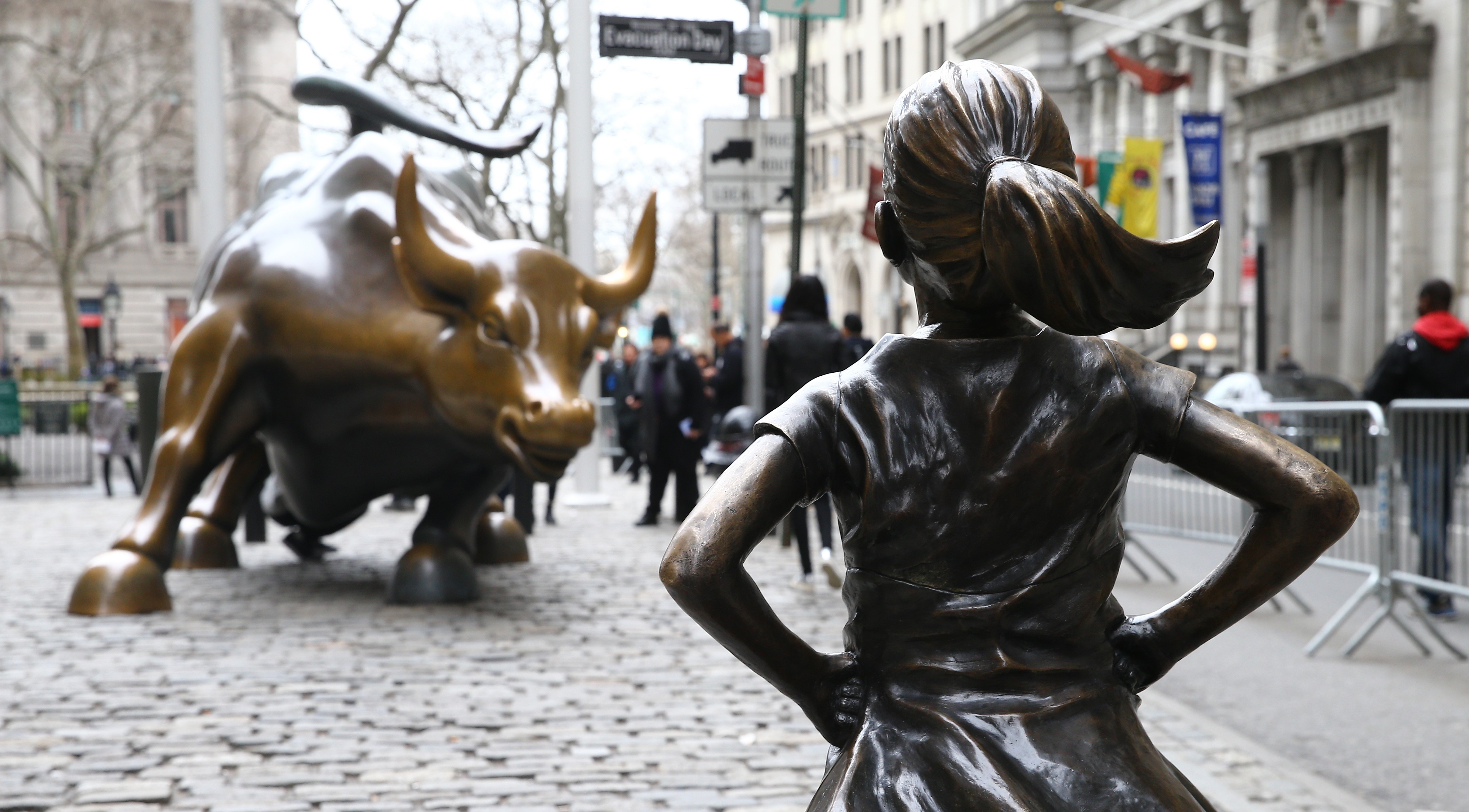media update’s Aisling McCarthy attended the Loeries Masterclass held at the Durban International Conference Centre on Thursday, 16 August.
The session was opened by Andrea Opoku, director at
Women in Marketing, who spoke about the importance of celebrating and encouraging women in the industry.
The majority of marketing, across various platforms, showcases men as powerful decision-makers, and women as either homemakers or as objects.
Emma Reeves, executive director at
Free the Bid, spoke to the strangeness of this reality, considering that “across the board, 85% of purchase decisions are made by women”.
This makes it incredibly important that women have equal roles to men, both in adverts as well as behind the scenes.
The danger of stereotyping
Shaadia Vawda, general manager of Ice Cream South Africa, Unilever, said that stereotyping is the most dangerous thing that people can do. Continual stereotyping – of both men and women – perpetuates the disempowerment of women.
Vawda said that stereotyping is something that people have to actively fight, as it is so ingrained into our lives. One great example of fighting gender stereotypes, Vawda mentioned, was the ‘Fearless Girl’ statue that was placed on Wall Street, bravely facing down the famous bull.

Stacey Grant, Unilever’s consumer and market insights director in Africa, said that the youth are becoming more and more critical of existing stereotypes. And are subsequently more aware of brands that pretend to be inclusive.
“Particularly millennials and Gen Zs want to be viewed as people, and not as women,” Grant said.
She shared that a mere 3% of adverts, worldwide, show women in leadership roles and only 0.03% show women as being funny.
Continual stereotyping – of both men and women – perpetuates the disempowerment of women.
Who controls the narrative? The agency perspective
Suhana Gordhan, creative director at FCB, said that “if we want to change the narrative, we can’t dial down the feminism.”
She said that in order for agencies to fuel this move towards equality, advertisers need to do a few things:
1. Choose your agency carefully: Is it inclusive? Is it diverse?
2. Consider what the room looks like: What kind of people are part of the decision-making process?
3. Bring your client along: Get your clients on the same path of equality and diversity.
4. Get the brief right: Interpret briefs in a way that tells inclusive truths.
5. Gender equality is not an occasion: Brands shouldn’t use holidays to pretend they care about gender equality. Women’s Day isn’t the time to pretend you care.
6. Find new words: We need to find the right way to express ourselves
7. Find new stories: Tell the kind of stories that empower.
She said that brands should start driving a more inclusive narrative. As an example of this, she talked about an advert that FCB created for Debonairs Pizza’s ‘Awesome Foursome’ campaign.
Gordhan said that someone in her team had told her that ‘it is easier to do this kind of work than ever before,’ so more brands should start tackling equality and inclusivity in their work.
“If we want to change the narrative, we can’t dial down the feminism.”